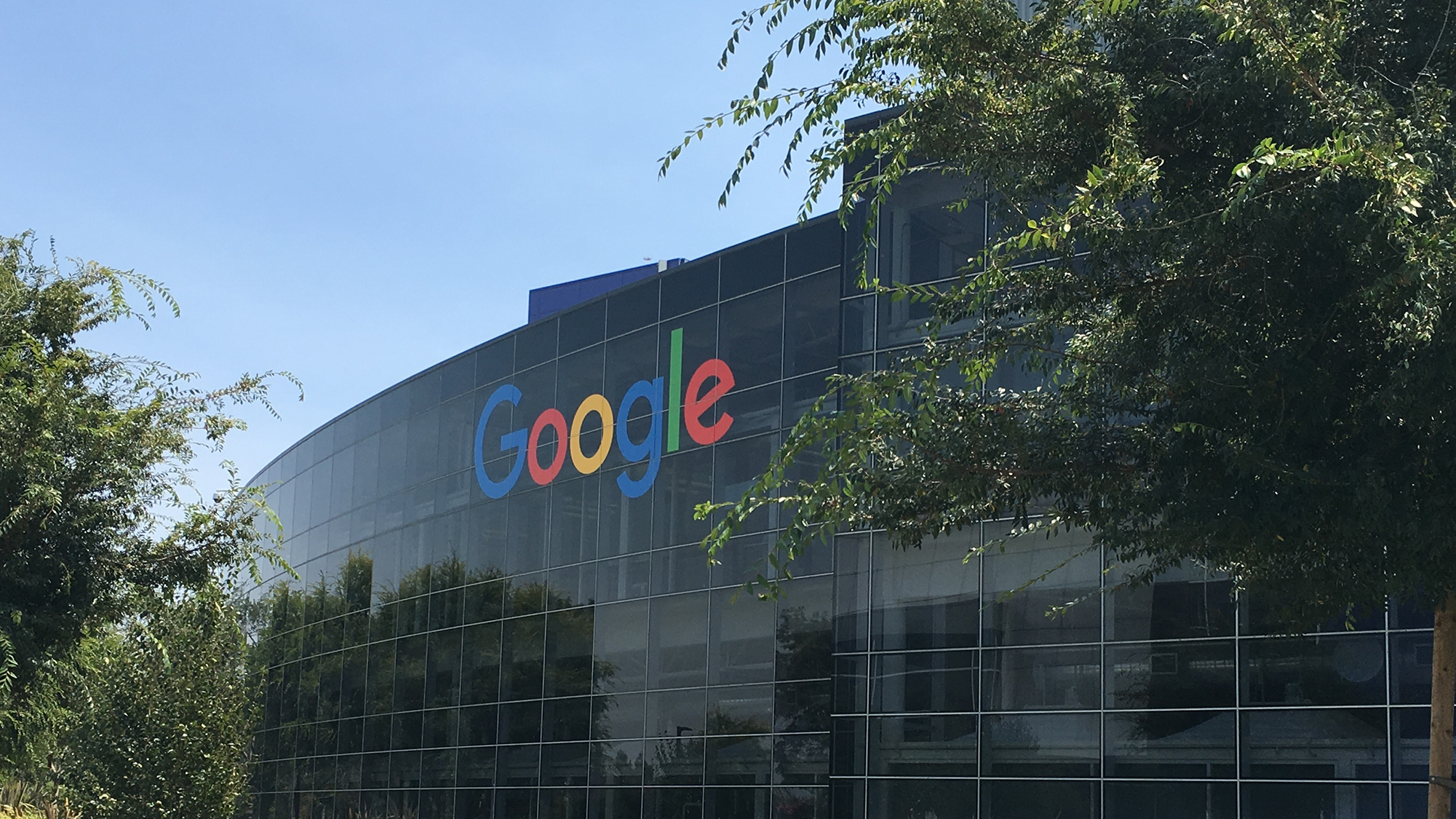Google: State Antitrust Suit Would Degrade Search
Says it is under no legal obligation to help rivals

The smarter way to stay on top of the multichannel video marketplace. Sign up below.
You are now subscribed
Your newsletter sign-up was successful
Google executives are pushing back hard on the latest lawsuit filed by New York and other states Thursday (Dec. 17) alleging anticompetitive conduct in search and search advertising, saying the suit would degrade search and hurt consumers.
Also Read: More States Sue Google
In a background call with reporters, execs for the company said Thursday (Dec. 17) the suit was about forcing Google to redesign its search in a way that would harm consumers by making search results worse, and would harm businesses by making it harder to connect to their customers directly, rather than forcing consumers to work through a range of "middlemen."
The execs said they had been engaging with regulators for years to explain how their business works, and pointed to the Federal Trade Commission's conclusion in 2013, after an extensive investigation and perusing millions of documents, that there was a pro-competitive reason for how their search business was set up and that there was evidence that the reason was to give consumers the optimal search experience.
Also Read: Trump Sues Unlawful Monopolist Google
Google said that it expected the court--the U.S. District Court for the District of Columbia--in the current suit to come to the same conclusion.
They argued that based on rigorous tests, consumers favored "rich search results" and that Google was trying to provide them. It also argued that Microsoft's Bing provided similar features including maps, knowledge panels and direct answers.
The smarter way to stay on top of the multichannel video marketplace. Sign up below.
They called the allegation that they were trying to keep responses to search queries to themselves "specious," pointing out that Google sends a huge amount--billions of queries--elsewhere and that studies showing otherwise were just wrong, and could be explained by its refinement of queries. It said that it treated different queries in different ways but was always looking for the "moment" when Google could provide the most useful and relevant response to a query.
They also suggested that a lot of the complaints were coming from (Barry Diller's) IAC and that Google was under no legal obligation to help its rivals.
On that point, they asserted that search was a robustly competitive market, including the fact that much of search had moved to mobile, where apps linked directly to search from IAC companies like Angie's List and Orbitz.com, among the companies complaining about Google.
Contributing editor John Eggerton has been an editor and/or writer on media regulation, legislation and policy for over four decades, including covering the FCC, FTC, Congress, the major media trade associations, and the federal courts. In addition to Multichannel News and Broadcasting + Cable, his work has appeared in Radio World, TV Technology, TV Fax, This Week in Consumer Electronics, Variety and the Encyclopedia Britannica.

